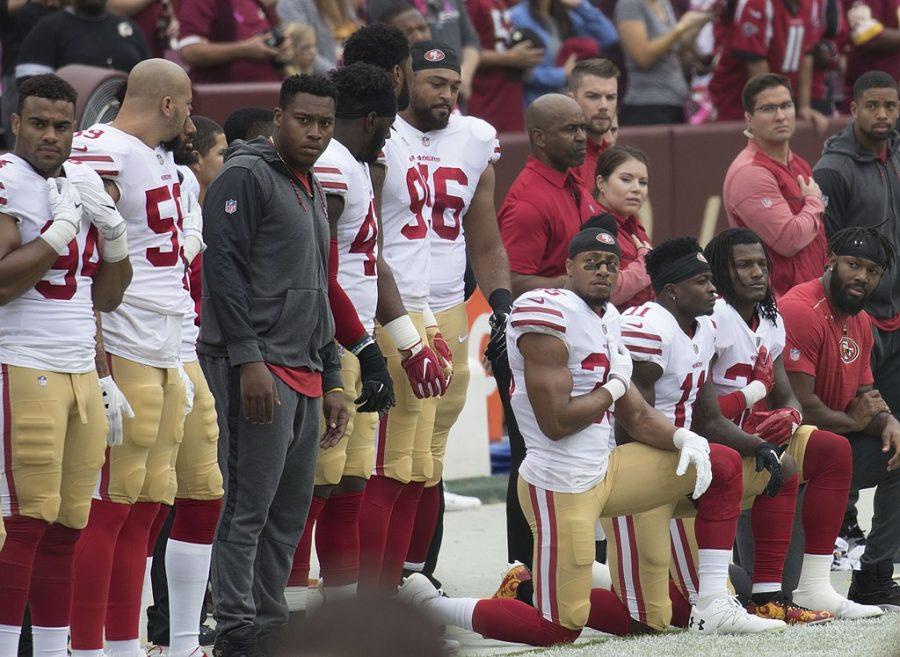I’m scrolling through my Facebook feed until I come across a heartfelt story about a young girl who crossed the finish line and died in the April 15 Boston Marathon bombings. To make matters worse, she ran it in memory of the Sandy Hook Elementary victims. The viral story told in a picture caption has 10k likes, so I give it a “like for respect” so I won’t be considered heartless. I mean, everything viral on the Internet is true, right?
The World Wide Web isn’t the most reliable source. According to CNN, this top story about the young girl was nothing more than a flat out rumor. The girl in the photo is indeed running a marathon, but it is the Joe Casella 5K miles away in Great Falls, Virginia, as seen on her runner’s bib.
Another Internet hoax was about a man who was apparently going to propose to his girlfriend at the finish line, but her life was cut short as the bombs went off, resulting in an image of the boyfriend sobbing over his dead girlfriend. In fact, the image was taken at the Boston Marathon after the explosion, but it was just of a man comforting an injured woman at the finish line.
Seeing all these stories pop up on sites like Tumblr or Facebook only makes me think that the creators of the story are just hungry for fame. They ignore the fact that people died as they put a huge number of likes for their fake stories over loss of life.
One thing that that almost let me regain hope in social media was the responses as soon as the bombing went off. There were 1,000 tweets in one minute after the explosion. Marathon runners posted tweets, statuses, and Instagram pictures to show their loved ones that they were okay. People prayed through the Internet, a true way to show respect than “liking” a false statement.
Some Internet users did hardcore investigating, looking at pictures to find a man wearing a black backpack with a gray stripe the day after the FBI released a photo of the suspect. Social media site reddit.com had a page called r/FindBostonBomber, where Reddit users came together and inspected for themselves. It was amateur work, but nonetheless help that came in numbers.
But then, the Internet also caused witch hunts. With paranoia playing a role, the belief that this was a terrorist attack, and users freaking out over “suspicious” activity by bystanders, assumptions were made one after another by Reddit users. Anyone who was Middle Eastern and wearing a black backpack that day was considered a potential criminal.
The wrongly accused included Sunil Tripathi, a student at Brown University who went missing on March 16, internet users accused him of being involved in the bombings. His body was found on April 23. He had committed suicide. According to CNN, the family stated he was already facing depression, and the harassment of accusers towards the family was an added sorrow, and maybe even a contributor to Tripathi’s death.
People forget that the Internet is also subject to bias and propaganda. We become so emotionally drawn to such statements that we forget to question their validity. Sometimes what we consider a reliable source can also be tampered with. The Associated Press, for example, tweeted on April 23 that the White House was bombed, causing a dent in the stock market. They were actually hacked along with other news accounts by the Syrian Electronic Army, spreading a false alarm.
So what position should social media hold in these situations? The crowd-sourced investigations caused more commotion than closure. The original point of this advanced communication was to reconnect with old friends and make new ones more easily. Somehow social media has became a way for amateurs to play CSI investigators.
It’s understandable that people want to help, but when witch hunts become digital and quick to spread, it’s time to take a step back and leave it to the professionals.


